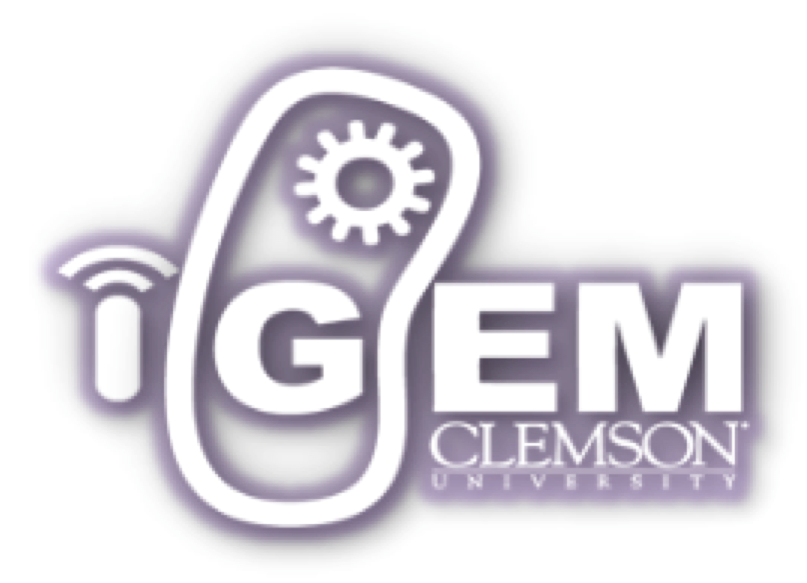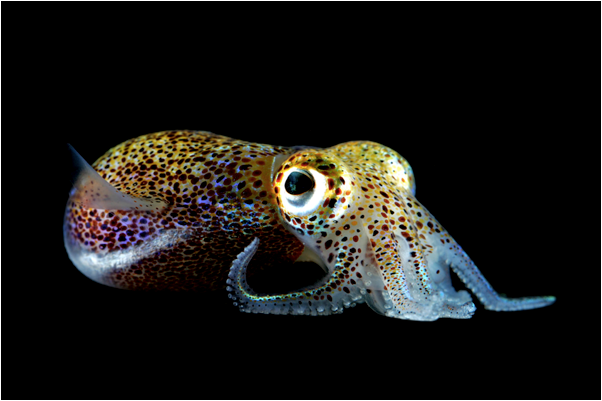Team:Clemson
From 2014.igem.org
| Line 26: | Line 26: | ||
<!--requirements section --> | <!--requirements section --> | ||
| - | <tr><td colspan="3"> <h3> | + | <tr><td colspan="3"> <h3> Quorum Sensing! </h3></td></tr> |
<tr> | <tr> | ||
<td width="45%" valign="top"> | <td width="45%" valign="top"> | ||
Revision as of 03:06, 18 October 2014
Quorum Sensing! | ||
|
|
Quorum sensing is a means for bacteria to communicate with one another. This signaling is density-dependent, and when a large enough number of organisms are present, they even coordinate gene expression. A famous example is Vibrio fischeri, which gives the Hawaiian bobtail squid its eerie glow. When a large enough concentration of Vibrio fischeri come together in the squid's light-producing organ, or photophore, they communicate by quorum sensing and all express the luciferase gene, resulting in beautiful bioluminescence. Quorum sensing is largely dependent upon the production of N-acyl Homoserine Lactones or AHLs. The 2014 Clemson iGEM Team worked to develop a system to detect the presence of AHLs for better study of quorum sensing and biofilm interactions. This system can be readily adapted to detect any number molecules and thus provide a flexible tool for microbiologists. |
|
Tips | ||
|
We are currently working on providing teams with some easy to use design templates.
For a full wiki list, you can visit iGEM 2013 web sites and iGEM 2012 web sites lists. |
This wiki will be your team’s first interaction with the rest of the world, so here are a few tips to help you get started:
|
|
 "
"





